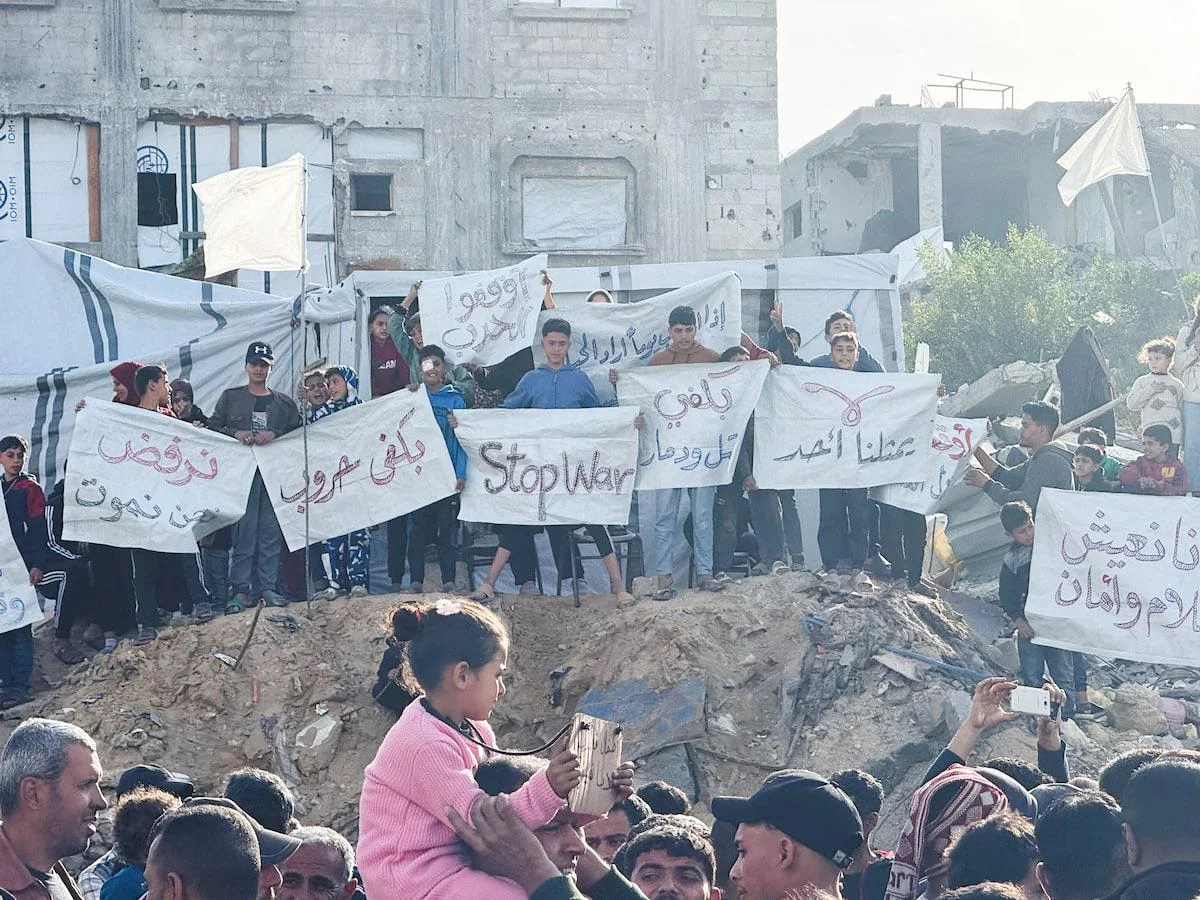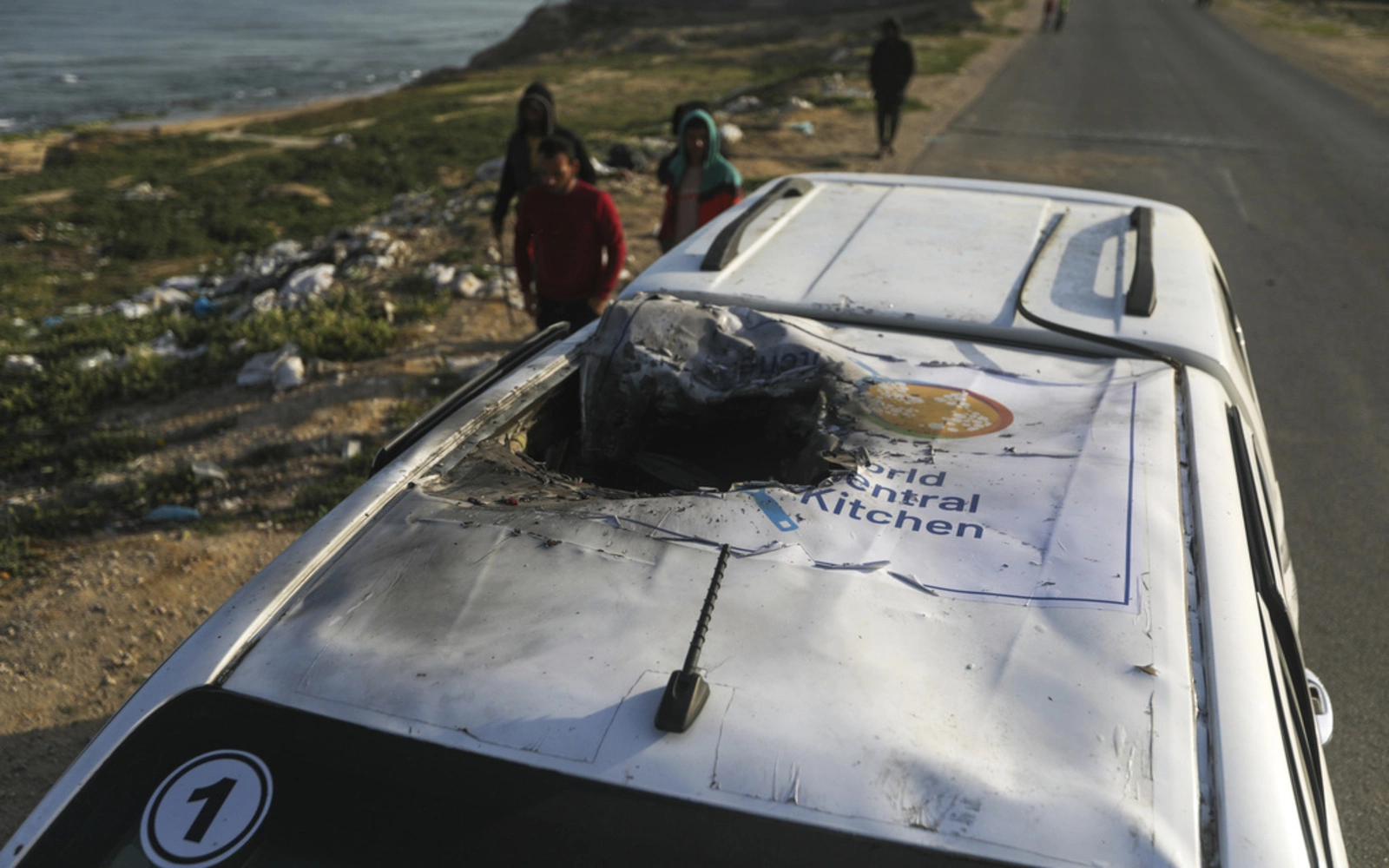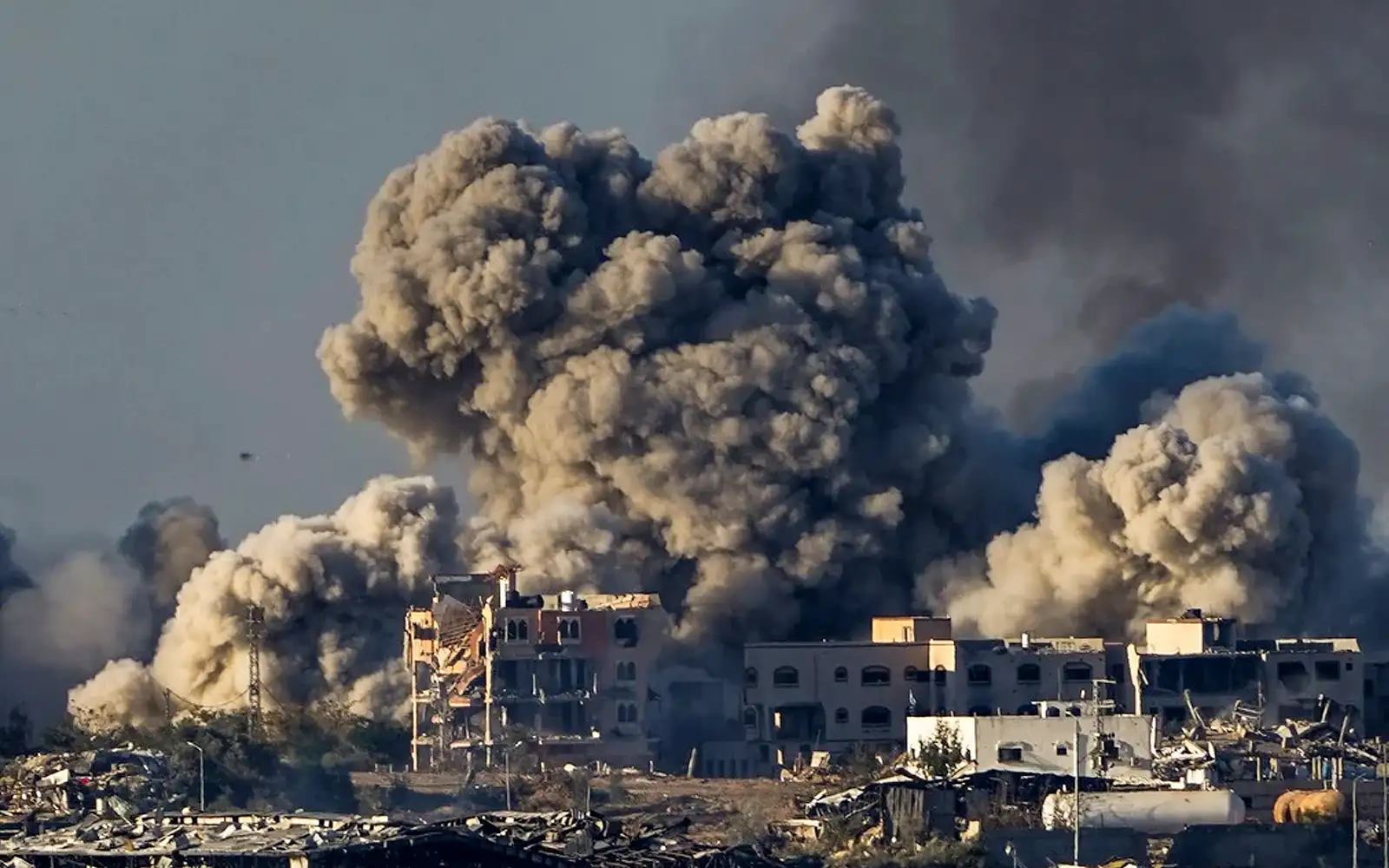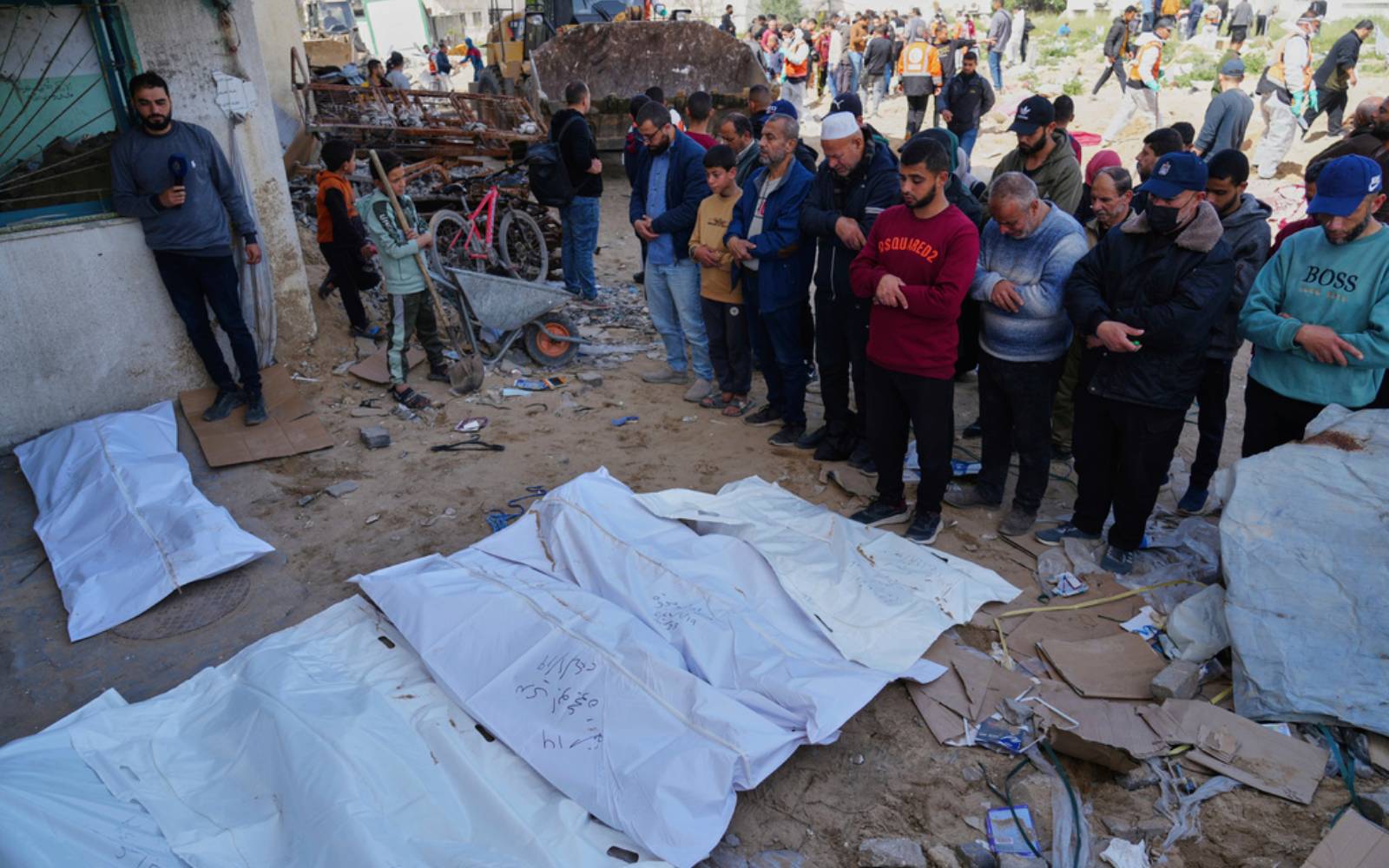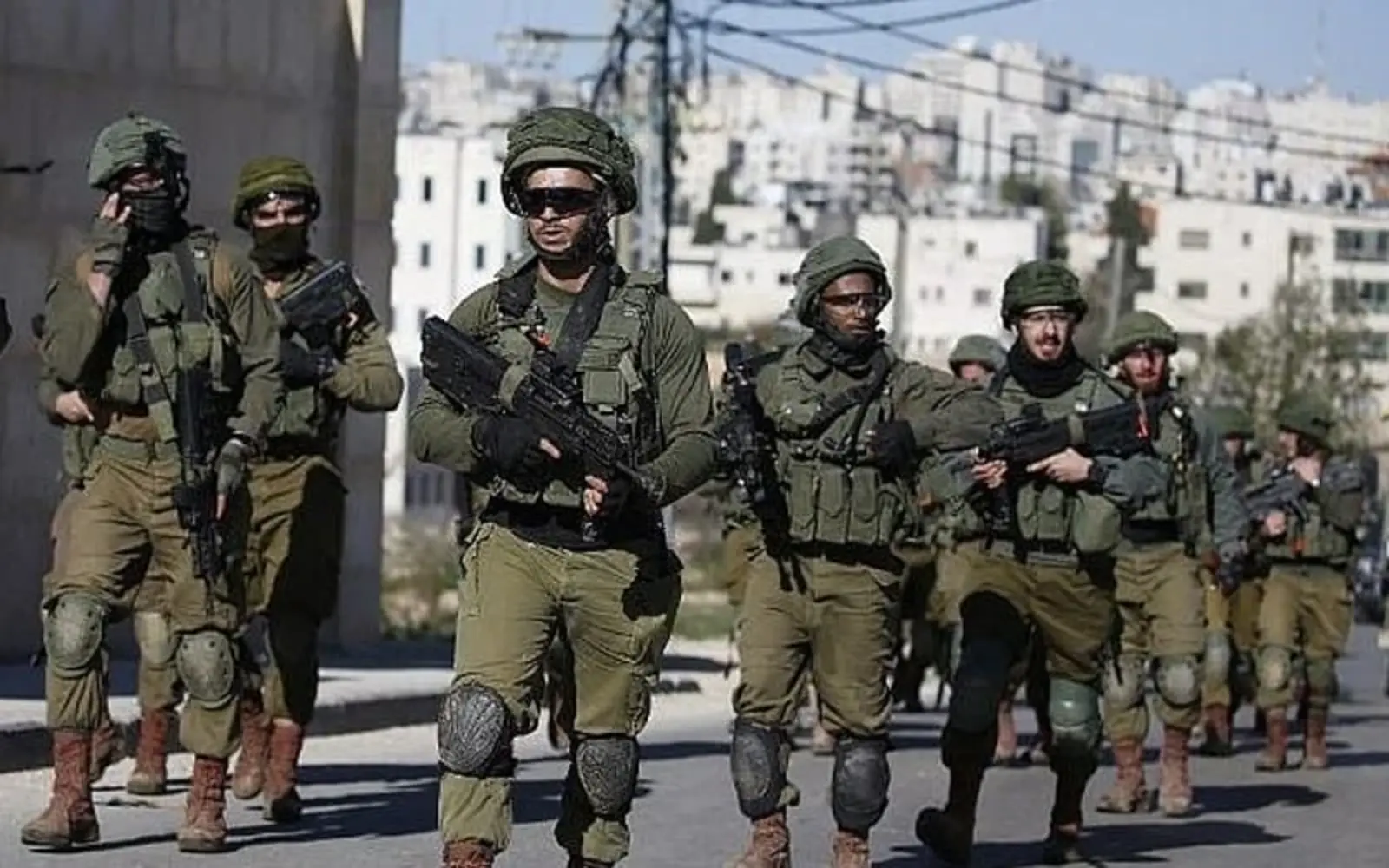Less than 24 hours after Hamas agreed to a ceasefire proposal mediated by Egypt and Qatar, the Israeli military ordered the evacuation of large sections of Rafah, the southernmost city in the Gaza Strip. The move, which signals imminent ground operations, has drawn condemnation from humanitarian organizations and renewed accusations that Israel is deliberately undermining diplomatic efforts to end the war.
The ceasefire offer accepted by Hamas included a 50-day pause in fighting, weekly hostage releases, and guarantees of humanitarian aid access. It was seen by international observers as one of the most concrete and balanced proposals to date. Egypt, Qatar, and the United States all backed the framework, with the Biden administration (which remains publicly supportive of Israel) privately urging acceptance.
Instead of agreeing, Israel’s War Cabinet returned a counter-offer, reportedly adding conditions that Hamas leaders described as “designed to kill the deal.” The following day, the Israeli Defense Forces issued evacuation orders to tens of thousands of civilians in Rafah—a city already overcrowded with over a million displaced Palestinians fleeing previous IDF operations in the north.
The United Nations warned that another forced displacement in such a densely packed area could constitute a war crime. “There is nowhere left to go,” said UN Humanitarian Coordinator Jamie McGoldrick. “These are not safe zones. They are trap zones.”
Since the breakdown of the last truce in March—after Israeli airstrikes killed hundreds during active negotiations—the death toll in Gaza has surged. Human rights groups say Israel is using the cover of ceasefire negotiations to prepare for its final assault on the enclave. The evacuation of Rafah appears to confirm those fears.
Israel maintains that any ceasefire must guarantee the dismantling of Hamas’s military infrastructure, a condition not explicitly included in the recent deal. Netanyahu’s office released a statement saying the ceasefire proposal “does not meet Israel’s core security needs.” But critics point out that continued attacks on densely populated civilian zones have done little to achieve military objectives and instead signal an effort to redraw Gaza’s political map by force.
Protests have erupted across Gaza, where demonstrators accuse Israel of prolonging the war for political reasons and call on the international community to intervene. Small crowds gathered—despite the danger—to demand an immediate ceasefire and international protection. As we reported, the existence of these protests would not work to protect those protesting from Israeli bombs, a prediction that has now come to pass.
The timing of the Rafah evacuation, coming on the heels of Hamas’s agreement, is not being seen as coincidence. For many, it underscores a grim truth: Israel is not interested in peace right now. It is interested in victory—and in total control.
And for over a million Palestinians trapped in Rafah with nowhere left to run, that decision could be fatal.


